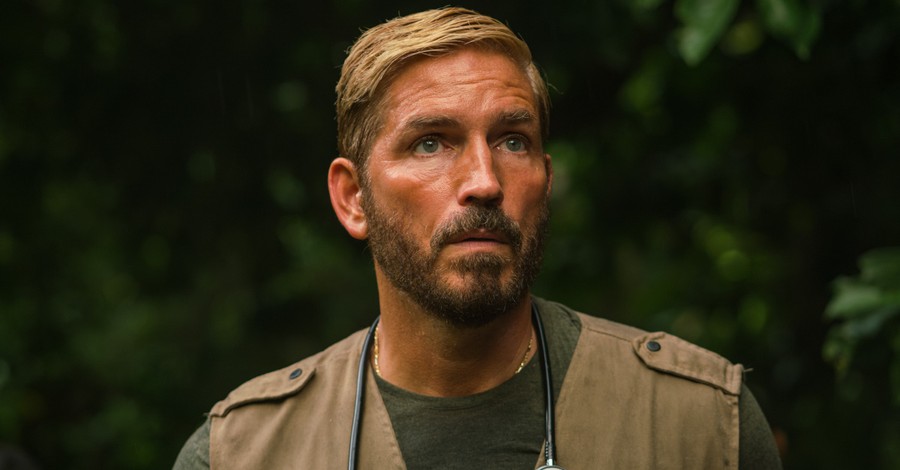Is
it possible for one's life to change literally overnight? In 1988 I had
a dream in which God spoke to me in what I have come to call "the
secret vocabulary of my heart." The next morning, all was new and
newness. Perhaps even newness-ness.
I had the dream around my 25th birthday, and if someone had
investigated my life at that time to determine who I was, they'd likely
have settled on three themes at the heart of my identity: first, that I
am Greek; second, that I loved freshwater fishing; and third, that I was
deeply committed to the life of the mind and the search for meaning.
My parents are European immigrants (my dad is from Greece, my mother
from Germany) who came to New York in the mid-1950s, met in an English
class in Manhattan, and married. I came into the world in 1963 at
Astoria General Hospital, and attended a Greek Orthodox parochial school
through fourth grade. In 1972, we moved to the relatively rural
environs of Danbury, Connecticut, where I went to a public school and
attended the Greek Orthodox church every Sunday.
Greeks in America prize their Greekness, and perhaps because I am only
half-Greek, it was especially important for my dad to instill this in
me. Once, when he saw the chrome fish on the back of a car, he was
excited to explain that this was from the Greek word ixthys, meaning "fish," because the early Christians used this word as an acronym—Iesus Xristos THeos Ymon Sotir. It stood for Jesus Christ Son of God Our Savior. It was their secret symbol.
My only hobby besides watching television was freshwater fishing. I
fly-fished, sometimes tying my own flies. I fished for bass, once in a
tournament, and of course I ice-fished a few times too.
As an undergraduate at Yale I was exposed to the intellectual life, and
I half-heartedly attempted to divine the meaning of life, with mixed
results. My Christian faith was essentially nominal; I never took
seriously the idea that our lives are meaningless, but neither did I
settle on any particular alternative.
Sometime after graduation I came up with a kind of answer, involving
the symbolic image of drilling through ice on the surface of a lake. It
was a vaguely Jungian/Freudian idea that said the goal of life and all
religions was to drill through this ice, which represented the conscious
mind, in order to touch the water beneath, which represented Jung's
"collective unconscious"—a vague "God force" that somehow connected all
of humanity. It was an Eastern and impersonal idea of God, making no
particular moral claims on anyone. How one went about doing any of this
was anybody's guess.
Graduation itself was like stepping off the top of the ladder I'd been
climbing my whole life. Good grades got me to Yale and through Yale. I
majored in English, edited the Yale humor magazine, worked in the dining
hall, and sang in some musicals. At graduation I was Class Day speaker,
preceding the main speaker—my future friend, talk-show host Dick
Cavett—and I received several awards for my short fiction. What but
success could lie ahead?
Instead I was launched into a step-less void, unable to climb toward
what I thought I'd wanted to achieve, which was success and acclaim as a
fiction writer. For the next few years I tried, mostly in vain, to
write short fiction, and eventually sold some literary humor pieces to The Atlantic.
I spent aimless and unproductive months at the elite writers' colonies
of Yaddo and MacDowell in New York and New Hampshire, respectively. I
lived in sublets in the Boston area and clung to a sad relationship. You
might say that I floated and drifted, which inescapably and inevitably
leads to that singularly humiliating cul-de-sac of moving back in with
one's parents.



No comments:
Post a Comment
thanks for the comment, i really appreciate the gesture and will get back to you